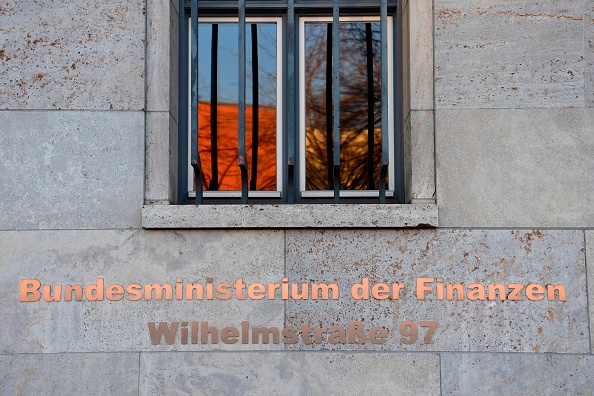Germany and Portugal sell 10-year bonds at lowest ever yields

Germany today sold medium-term government bonds, or Bunds, at the lowest yield on record as the stalling European economy drove investors towards the safe assets.
Read more: German manufacturing output falls but services push economy to growth
Europe’s biggest economy sold 10-year Bunds – IOUs which will pay out in 10 years time – with a yield of minus 0.24 per cent. It means investors holding them until they mature would lose money.
German 10-year Bund yields dipped below the zero mark for the first time since 2016 at the end of March. The previous record-low was minus 0.11 per cent, seen three years ago.
Hubert de Barochez, markets economist at Capital Economics, said: “The view that central banks are more likely to ease policy than tighten it is driving most safe bond yields down, that includes [US] Treasury yields, Bund yields and yields in the UK as well.”
“We are in an environment where growth is weak, and trade tensions are increasing, so investors are rushing towards safety,” he said.
The European Central Bank (ECB) earlier this month announced that it will keep its main interest rate at the record-low level of zero per cent until at least the middle of 2020. It also said it expected the Eurozone economy to grow just 1.2 per cent in 2019.
Suggestions that the ECB may restart its so-called quantitative easing (QE) bond buying programme have also pushed up bond prices and sent yields tumbling.
The Portuguese government also sold debt at a record-low yield today. It sold €625m worth of 10-year bonds with a yield of 0.64 per cent.
The sale marked the first time Portugal’s 10-year borrowing costs have fallen below one per cent. At the height of the Eurozone crisis in 2012, yields on Portguese 10-year debt rocketed to 17 per cent.
Barochez said Capital Economics expects “the ECB to be restarting QE from next year”. He said: “We also expect it to also lower the deposit rate by 10 basis points before the end of this year”.
Read more: EU slashes its forecast for German growth
The deposit rate is the interest banks earn for leaving money with the ECB. It currently stands at minus 0.4 per cent, a figure designed to encourage banks to lend their excess money.